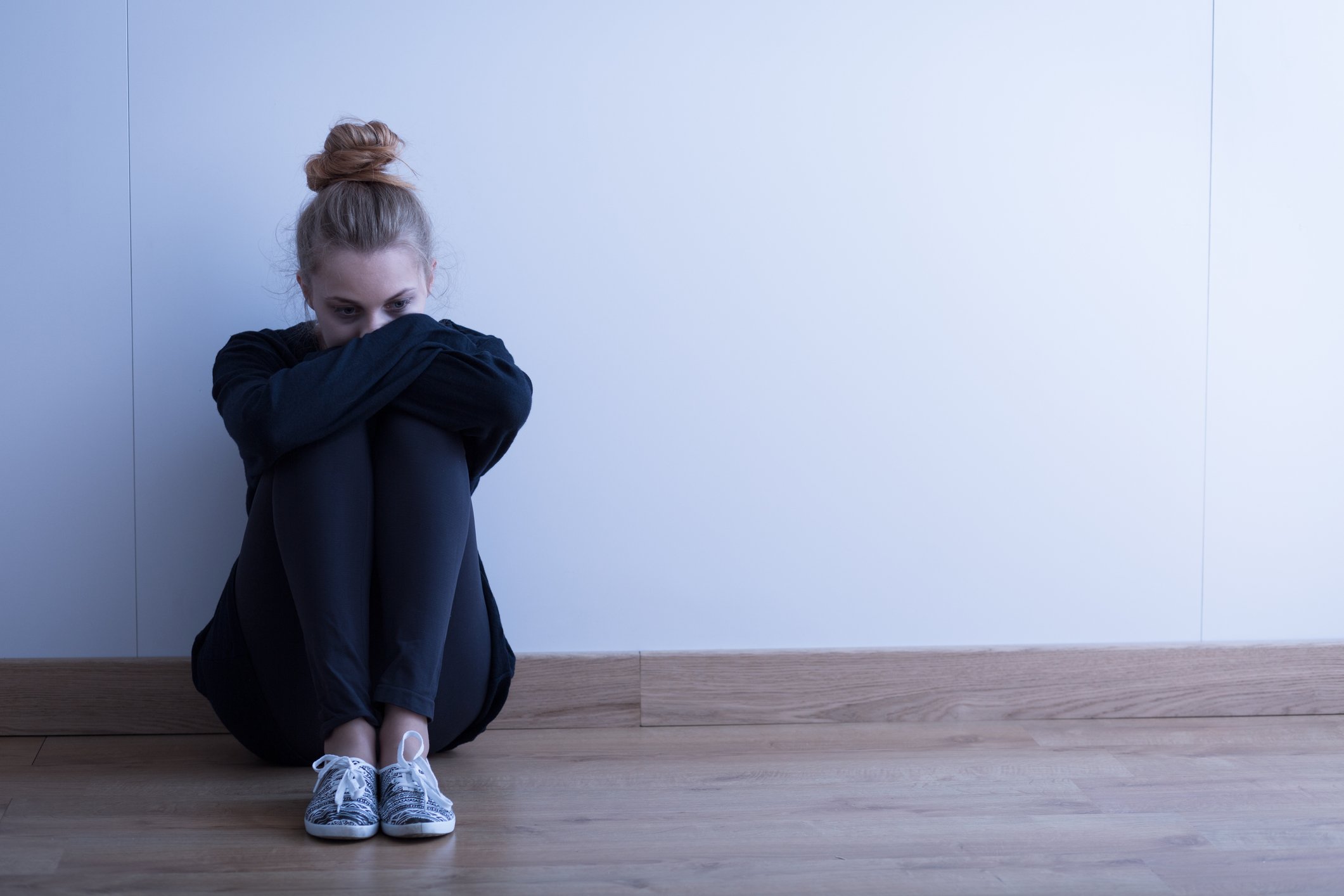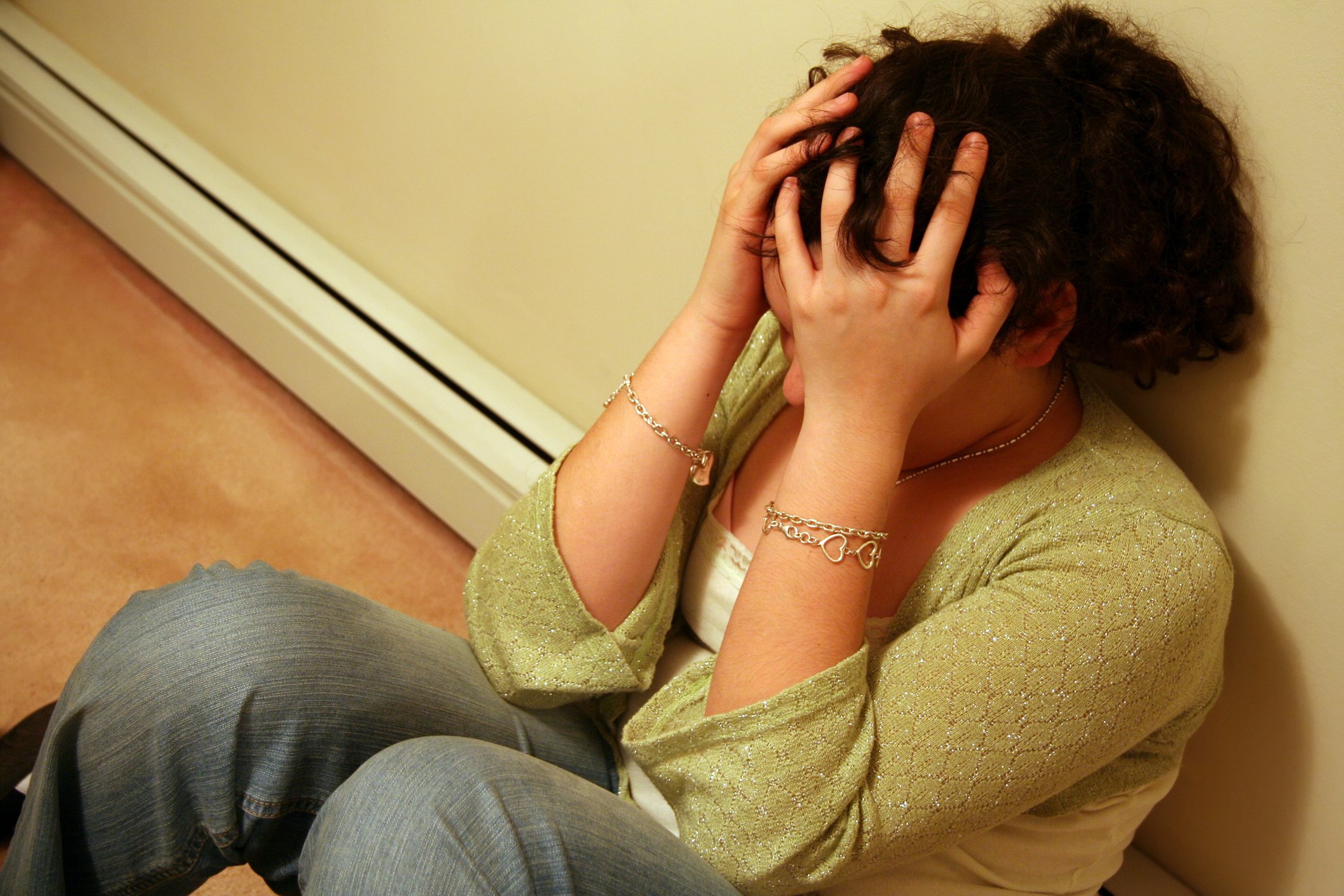Real Talk: Healthy Ways to Cope with Depression
Let’s be real — depression isn’t just feeling sad for a day or two. It can feel like a heavy cloud that just won’t lift, making it hard to get out of bed, focus at school, or enjoy things you used to love.
If you’re dealing with depression, you’re not weak, dramatic, or alone — you’re human. And while it can feel overwhelming, there are healthy ways to cope.
This post is here to give you real, practical tools you can try when life feels too heavy to handle. Whether you’re just starting to notice signs of depression or you’ve been struggling for a while, this guide is here to support you — no judgment, just real talk.
Talk To Someone You Trust
It can feel scary to open up, but keeping everything inside usually makes things worse. Whether it’s a friend, a parent, a teacher, or a counselor, talking to someone you trust can help you feel less alone and more supported. You don’t need to have the perfect words — just starting the conversation is a huge step.
Tip: Try saying something simple like, "I've been feeling really low lately, and I don't know what to do."
Move Your Body (Even Just A Little)
When you're feeling depressed, the last thing you might want to do is exercise — but even a short walk, a stretch, or dancing to a song in your room can release feel-good chemicals in your brain. It’s not about fitness goals; it’s about moving in a way that lifts your mood and reminds your body it’s still capable.
Tip: Start with 5 minutes. That’s it. No pressure, just movement.
Write It Out
Journaling isn’t about being a good writer — it’s about letting your thoughts out instead of letting them pile up in your mind. Writing down what you’re feeling (even if it’s messy or doesn’t make sense) can help you understand your emotions and gain some space from them.
Tip: Try a prompt like “Right now, I feel...” or “I wish someone knew that...”
Build A Small Routine
Depression can make even basic tasks feel impossible. Creating a simple daily routine — even something as small as “wake up, brush teeth, eat a snack” — gives your brain structure and a sense of control. Tiny routines can help life feel more manageable.
Tip: Pick 2–3 small, repeatable actions to start your day. Keep it easy and realistic.
Do One Thing That Brings You Comfort
When you're feeling low, it helps to have a list of “comfort actions” — things that bring you peace, even if only for a few minutes. This might be rewatching a favorite show, listening to calming music, snuggling with a pet, or coloring. It’s not about solving everything — it’s about giving yourself a break.
Tip: Make a “feel-better list” you can turn to when things feel dark.
Limit Your Social Media Intake
While scrolling might feel like a distraction, too much time on social media can actually make you feel worse — especially when you’re already struggling. Comparison, pressure, and negativity can all add to your emotional weight. It’s okay to take a break and give your brain a rest.
Tip: Try setting a daily time limit or unfollowing accounts that don’t make you feel good about yourself.
Get Professional Help
Depression is a real mental health condition — not something you can just "snap out of." Therapists, school counsellors, and doctors are trained to help you manage depression in safe, healthy ways. Asking for help isn’t a weakness — it’s one of the strongest things you can do.
Tip: If you're not sure where to start, talk to a trusted adult who can help you find the right support.
Final Thought
Coping with depression isn’t about being strong all the time — it’s about finding ways to keep going, even when things feel hard. You don’t have to have it all figured out right now. What matters is that you’re here, looking for support, and trying — and that’s a huge deal.
Depression doesn’t define you, and it doesn’t get the final say in your story. You’re not alone, you’re not broken, and you absolutely deserve to feel better.
Take one small step today. That’s how healing begins.
Even though 1 in 4 people have mental health problems, most of us don’t get the help we need. This has to change. We’re Mind. We’re here to fight for mental health. For support, for respect, for you.










